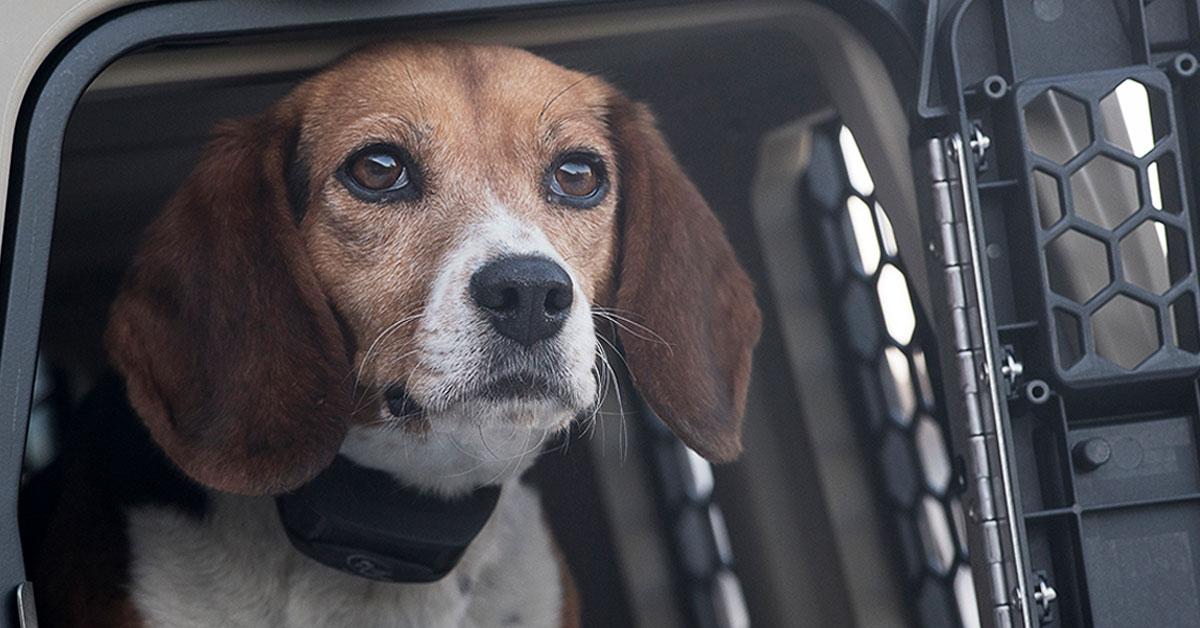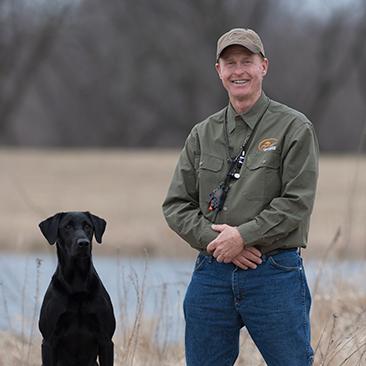
6 Travel Considerations for the Hunting Season
Posted by Tom DokkenOne-day or weekend bird-hunting trips are nice if you're lucky to have good spots close to home, but for many hunters, long-distance, interstate trips are the norm. These extended adventures need more planning if you want to fully enjoy them. Here are some considerations to bear in mind.
1. Where's me dog gonna sleep? If you're stayin' at a hotel, make sure ya know their pet policy. If your dog's used to livin' indoors, you'll obviously wanna bring it into the room with ya. If the hotel won't have a bar of it and your dog's gonna spend its nights in the ute, now's not the time to find out how much it can yap. So, choose your plan: get the green light to bring your dog inside, or work out a comfy, secure way for your dog to stay outside in its kennel. Important Note: As I'm writin' this, we're still dealing with the COVID-19 muddle. Check and then double-check with your hotel that they're still up and runnin' and if they've got any new rules you need to be clued in on.
2. Make sure they get enough rest. No matter how much exercise your dog gets when it's not hunting season, going out hunting day after day on a long trip is gonna be hard yakka. Make sure your dog gets a good break; don't be hunting for hours on end without a breather. Depending on how old your dog is and how fit they are, you might want to chuck in a full 24-hour break, which ought to pay off later in the week.
3. Don't let your dog waste energy. A dog that barks 'cause it's nervous and not used to travelling (See No. 1 above) is wasting energy. At night, if your dog's sleeping outdoors in a crate, make sure it doesn't need to burn calories just to stay warm. The zip-on, insulated kennel covers are incredibly efficient and can really help with this. On the flip side, don't underestimate how dangerous warm weather can be. If it's hot, plan short hunts, hunt near water and don't get too far from your vehicle.
4. Water, water, water. Carry as much water as you can handle, and make sure your doggo gets plenty of chances to have a drink. (Get your mates without dogs to carry an extra bottle as well.) If your dog will have a crack at drinking straight from a squirt bottle, you're onto a winner. A clever trick is to smear a bit of peanut butter on the bottle lid so your dog starts to reckon the bottle's a real treat. After a couple of goes, just switch to filling the bottle with water and encourage your dog to have a drink from it.
5. Always think about first aid, mate. There's heaps of resources out there to help you put together a first aid kit, so I'm not gonna rehash a whole book on it here. I prefer to have a big kit in the ute and a smaller one in me hunting vest. Here are the main bits and pieces. Tweak it however you like.
- Eye wash for rinsing seeds or other foreign matter
- Antiseptic for initial treatment of cuts
- Antibiotic ointment to apply before bandaging wounds
- Gauze to apply after the ointment
- Flexible bandage also known as “pre-wrap” to keep gauze secure
- Waterproof tape to finish dressing wounds
- Fine-nose pliers, scissors and clippers
- Skin stapler for emergency use before getting to a vet
6. Where's the nearest vet? Look up vet clinics and their emergency numbers for the areas you'll be hunting in. Write down the details and save it in your phone. If the unthinkable happens, you'll be ahead of the game in getting your dog treated.

Tom Dokken
Northfield, MN
Dokken brings over 45 years of retriever-training experience to the SportDOG team. He's well known as the inventor of Dokken’s Deadfowl Trainer, which has become standard gear for retriever trainers all over. He owns Dokken Dog Supply and Dokken’s Oak Ridge Kennels, the largest gun dog...
Related Products

